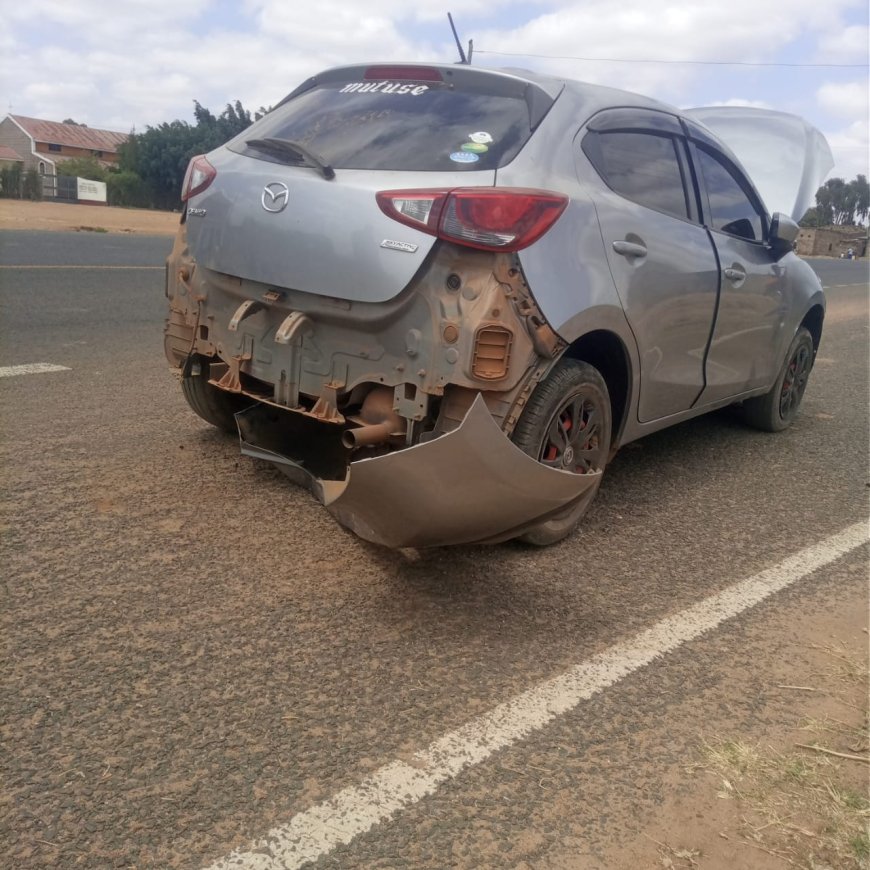Media network condemns the attack of Machakos Journalists doing Police Job

Nairobi,
Tuesday September 19, 2023
KNA by Joseph Kamolo
The Kenya Affirmative Action Media Network (KAMENET) has called for the training of journalists on how to enhance their personal security when undertaking investigative journalism to avoid the direct exposure to risky assignments in the public interest.
In a signed Press Statement, KAMENET Founder Joseph Kamolo Mutua said this following the disturbing report about the attack of three vernacular journalists in Machakos, Tala-Kangundo at the notorious Katine River Chang'aa brewing den.
“It takes courage to undertake such risky assignments to uncover criminal elements operating under the watchful eye of leaders and members of the public. As Kenya Affirmative Action Media Network, we stand in solidarity with our colleagues and sympathise as we wish them well quick recovery,” Mutua said.
Mutua asked all practitioners in the field of journalism to adhere to procedures while practicing the constitutional mandate of Article 34 on Freedom of the Media and Article 35 Access to Information including legal means on law enforcement.
He noted that many journalists working for national, regional, vernacular and community broadcasts, publications/media outlets are least bothered to capacity build on their skills, rather they are motivated in making quick money.
The founder noted that the United Nations Education, Scientific and Cultural Organization (UNESCO) offers variety of Journalism trainings both in person and online, and asked journalists to take that advantage.
He lamented that some politicians take a few journalists on expensive treats in lavish cities, hotels for swimming, fun and financing leaving others behind. This is a division tactic to slant stories favourably about an individual at the expense of the public interest.
“There's a split in journalists unions often exploited by politicians who rule by divide-and-rule tactics. I know I will be crucified for this statement because politicians in Kenya are untouchable and do not take criticisms lightly as they fight for that public vote at whichever cost including getting truth-sayers like me out of their way,” Mutua said.
He expressed concern that the Media Council of Kenya (MCK), Media owners, and other media stakeholders do not know how their employees are manipulated and paid for news they share for publishing and broadcasting.
“It's no longer government propaganda or journalists in the public interest who set the agenda in Kenya anymore, it’s the rich, politicians, Civil Societies, NGOs among others. Disunity characterizes journalism groups in Kenya,” he said.
Courtesy; KNA
What's Your Reaction?
































































































































































































































































































